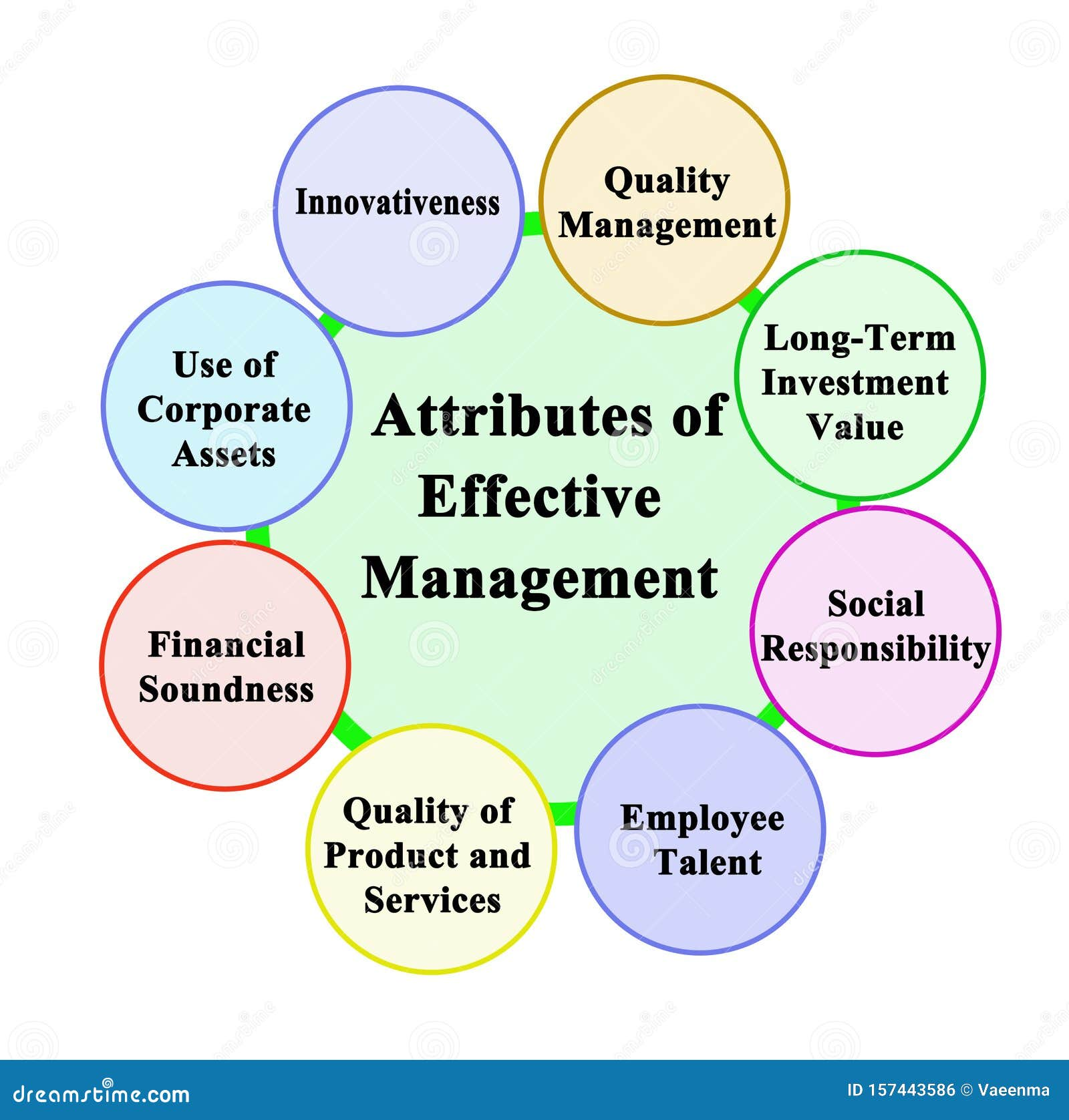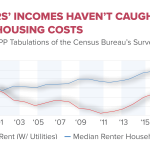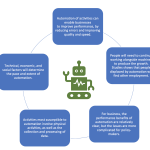Effective management is the cornerstone of organizational success, influencing everything from employee satisfaction to productivity levels. A key element in achieving effective management lies in understanding the qualities of a good manager, which include strong communication, psychological safety, and strategic vision. Recent research highlights the importance of a scientific approach to management, emphasizing the need for rigorous managerial skills assessment over conventional selection methods based on personality traits or experience. By actively predicting management success through measurable skills, organizations can enhance their leadership effectiveness significantly. In a rapidly evolving business landscape, the importance of management cannot be overstated; it serves as the guiding force that aligns teams and drives them towards shared goals.
Management excellence, often seen as a vital driver of organizational performance, encapsulates a range of skills and attributes that distinguish effective leaders. Understanding the essence of good leadership extends far beyond typical stereotypes; it requires a nuanced assessment of an individual’s decision-making capabilities and resource allocation strategies. By implementing a structured assessment process, companies can pinpoint the vital factors that contribute to managerial success, rather than relying on traditional metrics like age or personality. This comprehensive evaluation not only clarifies the importance of management but also unlocks potential avenues for targeted development, ensuring leaders are well-equipped to navigate complex challenges. Thus, delving into the significance of competent leadership is essential for any organization aiming to thrive in today’s competitive environment.
The Essential Qualities of a Good Manager
A good manager embodies a blend of interpersonal and analytical skills crucial for driving team success. One key quality is the ability to foster psychological safety, which encourages team members to engage openly and provide constructive feedback without fear of judgment. This psychological stability significantly enhances overall team productivity and innovation. Furthermore, communication is vital; the delivery and framing of feedback can profoundly impact employee morale and growth. Effective managers tailor their communication style to the needs of their team, ensuring clarity and support in their interactions.
In addition to interpersonal skills, analytical capabilities set outstanding managers apart. A good manager must be strategically minded, capable of assessing situations critically, and reshaping their approach based on what unfolds within their organization. The balance of these qualities creates a comprehensive leadership style that not only meets immediate operational needs but also aligns teams with long-term business objectives. This strategic vision is essential, as it informs decision-making processes, resource allocation, and ultimately the success of the organization.
Predicting Management Success: A Scientific Approach
The recent research shows that traditional metrics like age, experience, or personality traits do not effectively predict managerial success. Instead, two significant indicators emerged: general intelligence, assessed through standardized tests like Raven’s Progressive Matrices, and economic-decision-making skills, which focus on resource allocation and strategic judgment. These findings suggest that organizations might benefit from adopting a more scientific approach to managerial selection, moving beyond subjective assessments of candidates to ones that are more predictive of on-the-job performance.
These predictors are closely aligned with the actual tasks that managers face every day. For instance, a manager’s ability to make sound judgments under pressure and allocate resources effectively directly correlates with successful team performance. This shift towards evidence-based recruitment can help companies identify individuals who not only express interest in leadership positions but are also equipped with the critical skills needed to excel in those roles, ultimately driving company success.
The Importance of Good Management in Organizations
Effective management is at the core of organizational success. Good managers guide their teams through an ever-evolving strategic landscape, addressing important questions regarding resource allocation and task prioritization. They must navigate complexities not only at a macro level—looking at the company’s overall direction—but also on micro levels, such as managing small teams effectively. Managers need to understand each team member’s strengths and weaknesses to allocate tasks appropriately, ensuring that the team functions at its peak.
Moreover, the impact of skilled managers extends beyond just meeting immediate operational goals; they shape the workplace culture and influence employee satisfaction and retention. A capable manager can transform a mediocre team into a high-performing unit through effective leadership and motivation techniques. Thus, the importance of selecting and developing good managers cannot be overstated, as they play a critical role in sustaining organizational growth and resilience in challenging environments.
Effective Management: Balancing Leadership and Analytical Skills
Successful management requires a delicate balance of leadership and analytical skills. While motivating and guiding employees is essential, so is the ability to analyze situations critically and make data-driven decisions. A thriving manager understands when to inspire their team to strive for greatness and when to step back and assess operational efficiencies. This dual capability not only enhances team dynamics but also contributes significantly to achieving organizational goals.
The interplay between these skills underscores the necessity for organizations to assess managerial candidates not solely based on their leadership enthusiasm but also their analytical proficiency. By using established assessment methodologies, companies can better predict which candidates will excel in management roles, leading to improved team performance and organizational effectiveness over time.
Managerial Skills Assessment: The Path to Effective Leadership
To cultivate effective managers, organizations must invest in robust managerial skills assessments that go beyond basic qualifications. These assessments should measure critical competencies such as strategic vision, communication proficiency, and decision-making capabilities. Identifying these key traits allows businesses to select individuals who not only have the desire to lead but also possess the essential skills for successful management.
Furthermore, ongoing assessments post-hire can provide valuable insights into managerial effectiveness and team alignment. Monitoring performance metrics, team feedback, and individual contributions allows companies to refine their management practices continually. This proactive approach to managerial skills assessment ensures that leaders evolve alongside their teams and adapt to the dynamic business environment, fostering a culture of excellence.
Navigating the Challenges of Effective Management
Managers face a myriad of challenges that test their competencies and leadership capabilities. These can range from handling interpersonal conflicts to making tough operational decisions under time constraints. Effective management involves navigating these challenges while maintaining a focus on team cohesion and productivity. Managers must equip themselves with effective conflict resolution techniques, allowing them to mitigate issues before they escalate and disrupt team dynamics.
Additionally, the ability to adapt to changing circumstances is crucial. The business landscape is often unpredictable, and effective managers must demonstrate flexibility in their strategies while guiding their teams to adapt smoothly to new directives or unexpected challenges. This adaptability, combined with strong leadership qualities, contributes to sustained success and empowerment within the team.
The Role of Psychological Safety in Management
Creating an environment of psychological safety is pivotal for effective management. This concept refers to the ability of team members to express their ideas, concerns, and mistakes without fear of negative consequences. Effective managers prioritize building this sense of security, as it fosters open communication and innovation within their teams. When employees feel safe, they are more likely to take risks in sharing ideas, leading to greater collaboration and collective problem-solving.
Moreover, psychological safety enhances resilience by allowing teams to learn from failures rather than being stifled by them. A manager who encourages dialogue and reflection helps create a learning-oriented culture, where mistakes are viewed as opportunities for growth. This approach not only benefits individual team members but also strengthens the overall effectiveness of the organization.
Leveraging Decision-Making Skills for Managerial Success
Decision-making skills are a cornerstone of effective management. Good managers must assess complex information, weigh potential risks, and make judgments that affect their team’s performance and the organization’s trajectory. The ability to make informed decisions based on data analysis, as highlighted in recent research, can differentiate successful managers from their peers. Developing these skills involves understanding economic principles and applying them to real-world scenarios.
Training programs that enhance decision-making abilities can significantly benefit organizations. By focusing on both theoretical knowledge and practical applications, such programs can prepare managers to handle challenges adeptly. This not only improves individual performance but also promotes a culture of strategic thinking across the organization, ultimately leading to better outcomes and enhanced productivity.
The Impact of Leadership Styles on Team Dynamics
Different leadership styles can profoundly impact team dynamics. Effective managers adapt their leadership approaches based on the specific needs and characteristics of their teams. For instance, some teams may thrive under a participative leadership approach, which encourages collaboration and shared decision-making. Conversely, other teams may require a more directive style to maintain focus and clarity in fast-paced environments.
By recognizing the varying impacts of different leadership styles, managers can foster an environment that enhances team performance. This adaptability helps in aligning managerial strategies with team goals, ultimately driving engagement and productivity. Thus, understanding and effectively applying various leadership styles is essential for any manager aspiring to lead their team successfully.
Frequently Asked Questions
What qualities should a good manager possess for effective management?
Effective management requires a combination of interpersonal and analytical skills. Key qualities include the ability to relate well to others, fostering psychological safety for feedback, strong communication skills, and strategic vision. A good manager also needs to assess team performance and adapt their approach to optimize effectiveness.
How can predicting management success improve effective management practices?
Predicting management success hinges on understanding key indicators such as decision-making skills and intelligence, rather than relying on personality traits. This scientific approach allows organizations to identify individuals who can lead effectively, thereby enhancing overall management success.
What is the significance of managerial skills assessment in determining effective management?
Managerial skills assessment is crucial in identifying potential leaders within an organization. Assessments focused on decision-making and resource allocation can predict effectiveness better than traditional measures like experience or personality traits, leading to better management selections.
Why is the importance of management emphasized in organizational success?
The importance of management is underscored by its direct impact on strategic direction and resource allocation. Effective managers help organizations navigate complex challenges and ensure team alignment with broader objectives, making them essential for sustained success.
How does a scientific approach to management enhance managerial effectiveness?
A scientific approach to management utilizes empirical data and tests to evaluate managerial capabilities. By focusing on measurable skills like economic-decision-making and intelligence, organizations can select more effective managers, ultimately improving team performance and organizational productivity.
| Key Point | Explanation |
|---|---|
| Challenges in Finding Good Managers | Good managers require a mix of interpersonal skills, communication skills, analytical abilities, and strategic vision, which is rare. |
| Predictors of Managerial Success | The study identifies IQ and economic-decision-making skill as primary predictors for successful management; traditional traits like personality and experience do not hold predictive power. |
| Overconfidence of Self-Nominating Leaders | Individuals who self-nominate for leadership positions tend to perform worse due to potentially inflated self-assessments of their abilities. |
| Importance of Effective Management | Effective management is critical for organizations to navigate complex strategic landscapes and maximize team performance. |
| Scientific Approach to Manager Assessment | The study promotes adopting a more analytical method for identifying effective managers, arguing that standard practices often overlook actual management skills. |
Summary
Effective management is essential in any organization as it significantly influences overall productivity and team dynamics. The research highlights that selecting managers based primarily on personal preferences and traits can lead to suboptimal outcomes. Instead, focusing on measurable skills like IQ and decision-making abilities can lead to improved management effectiveness. As organizations strive to adapt to continuously changing environments, utilizing scientific methods to identify capable leaders becomes even more crucial for success.










